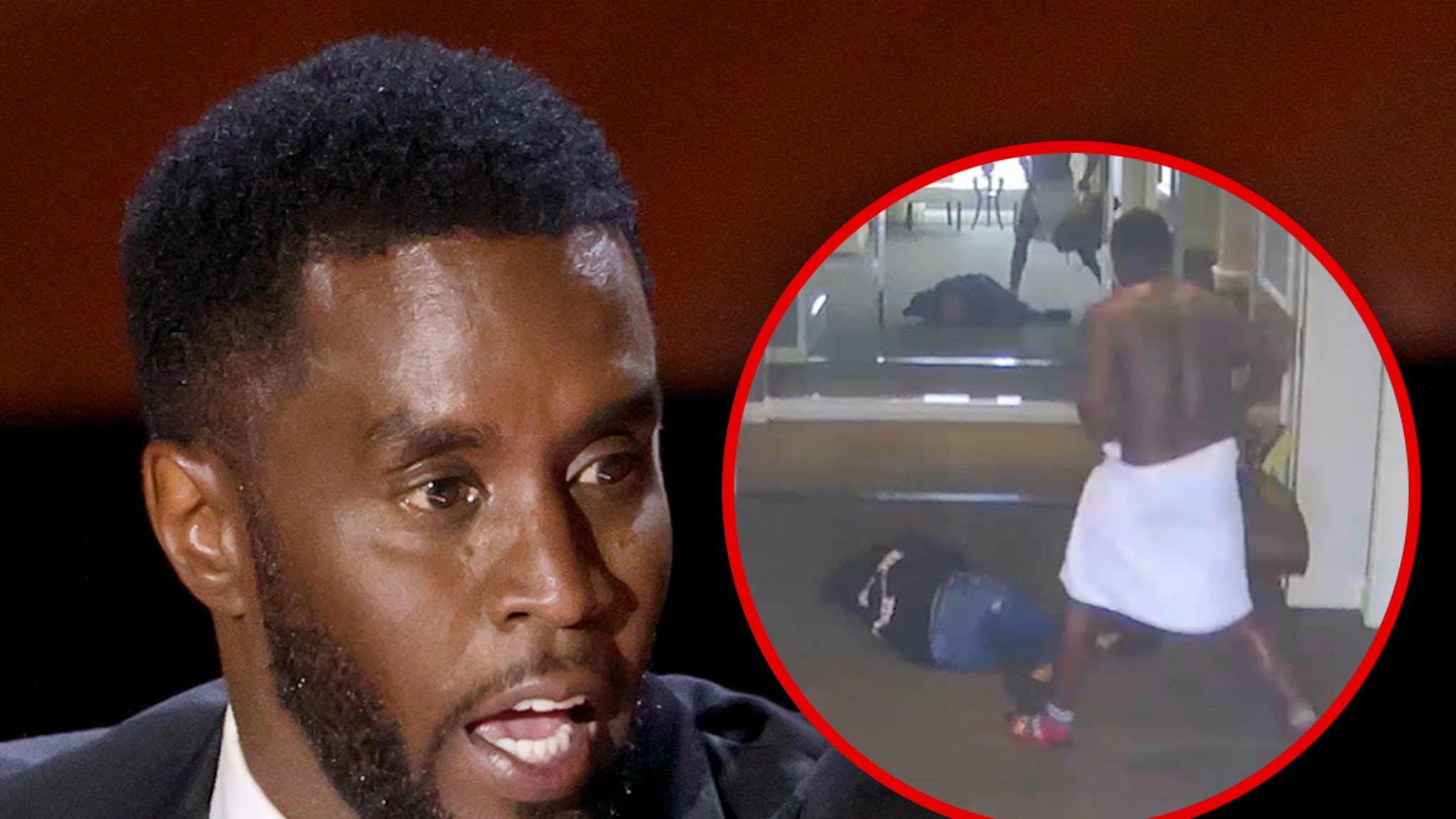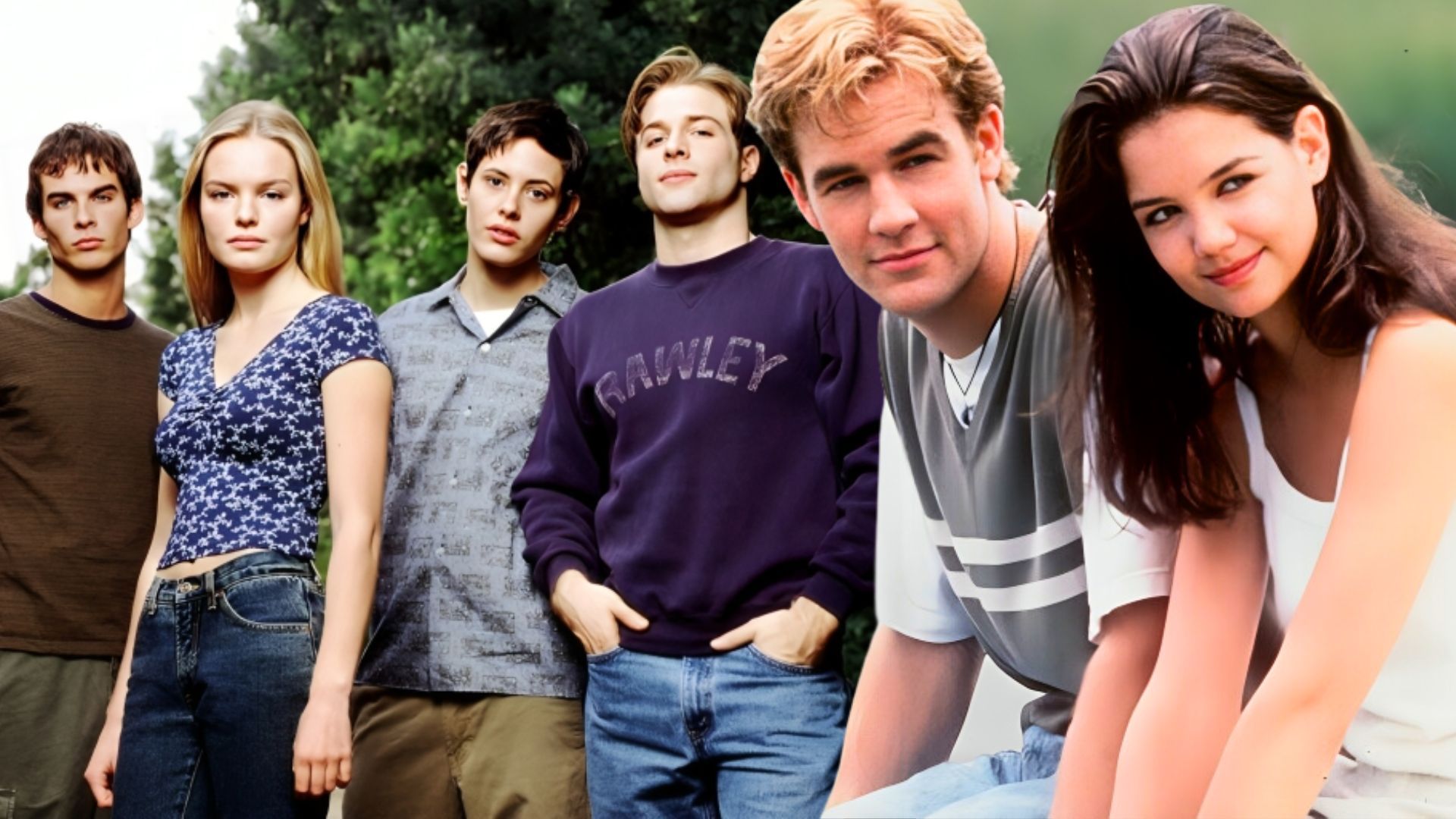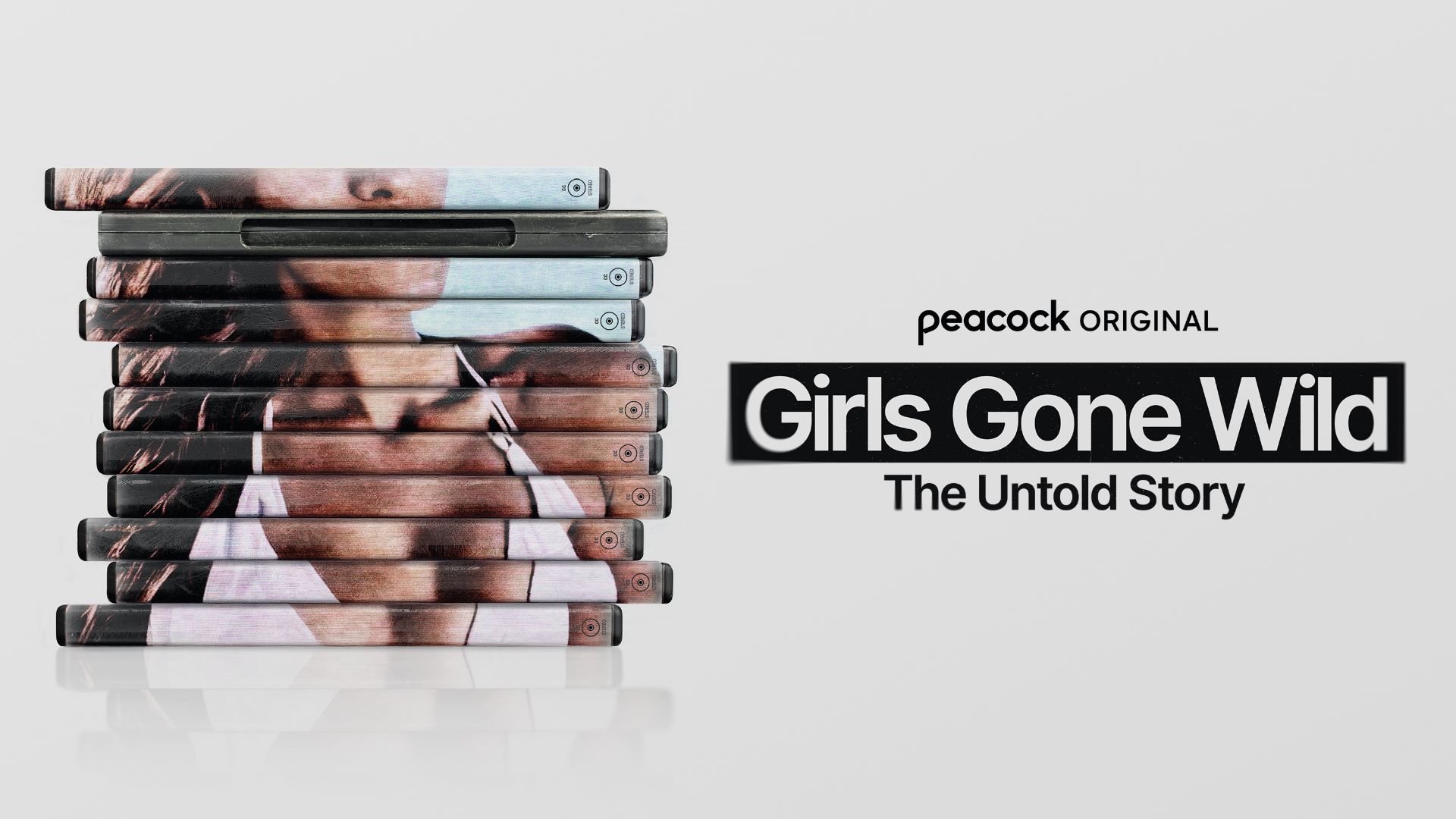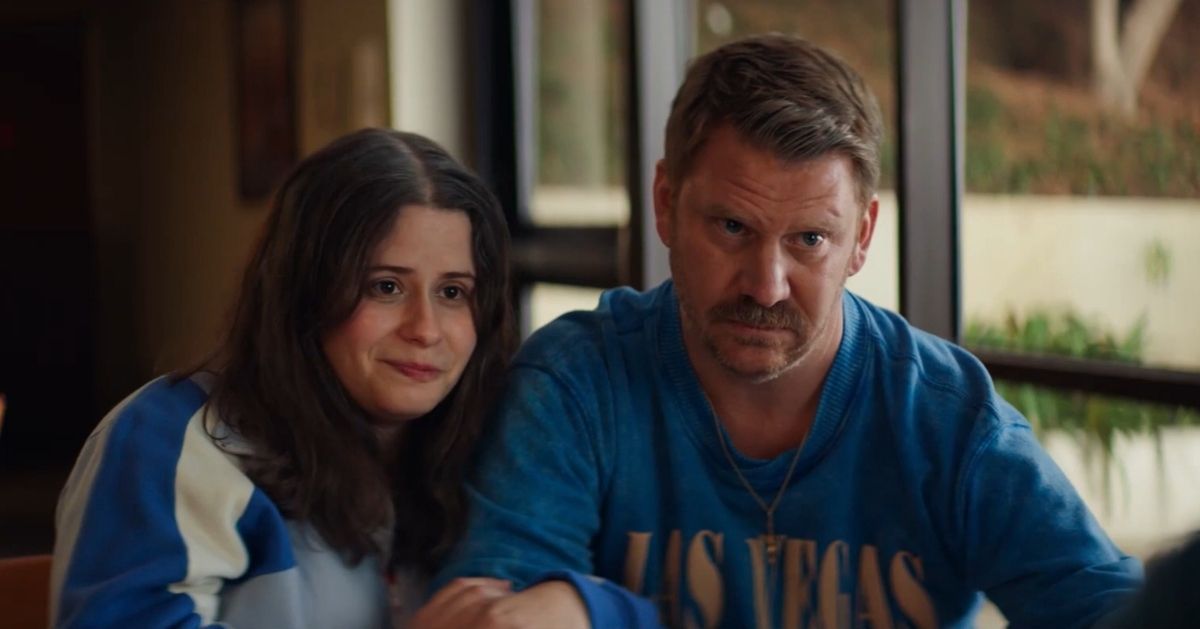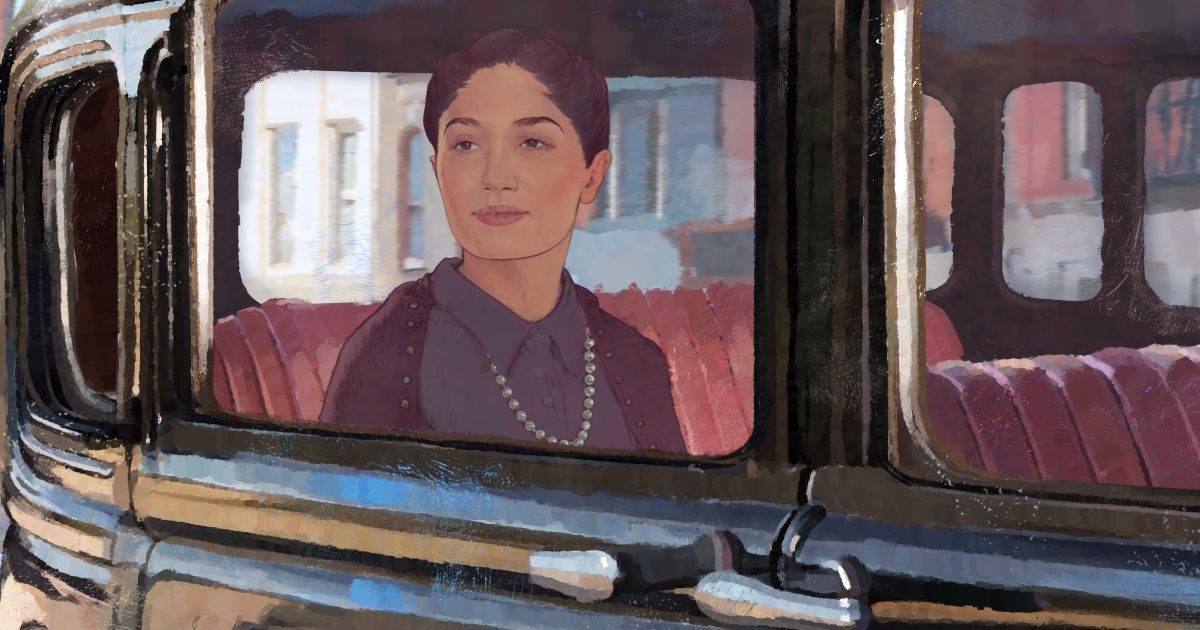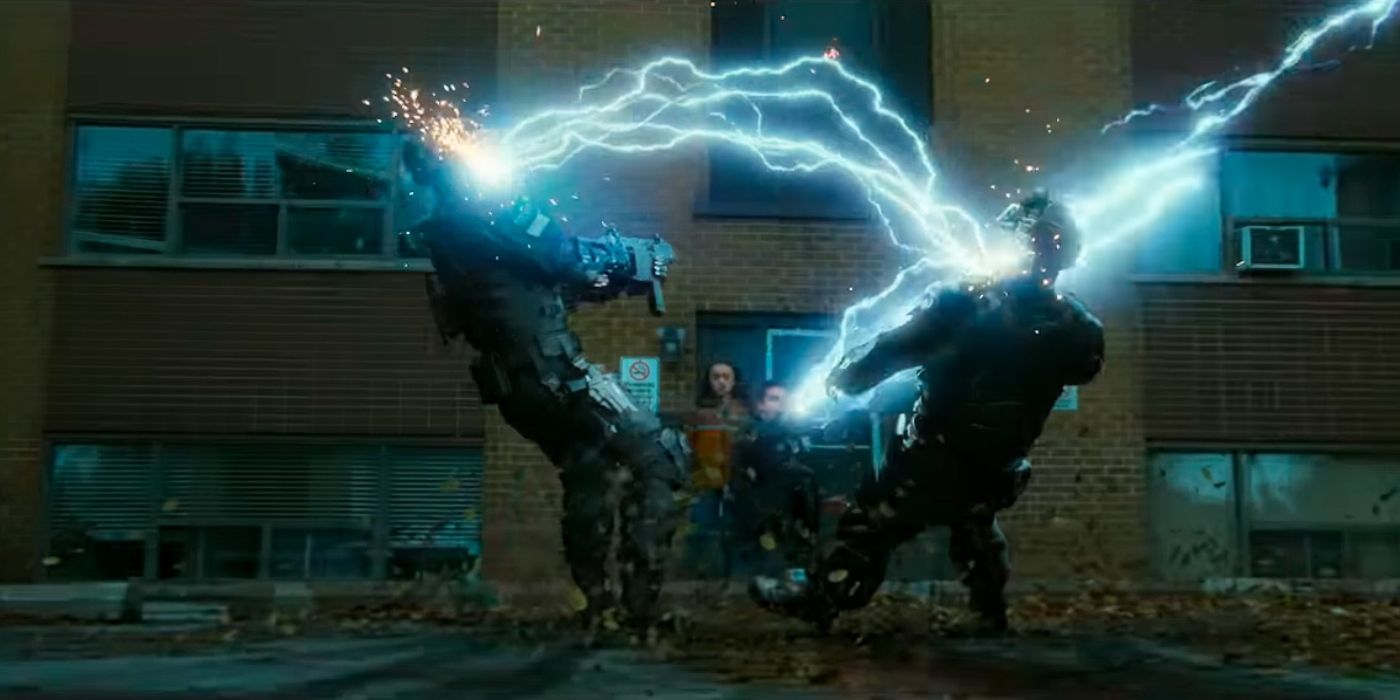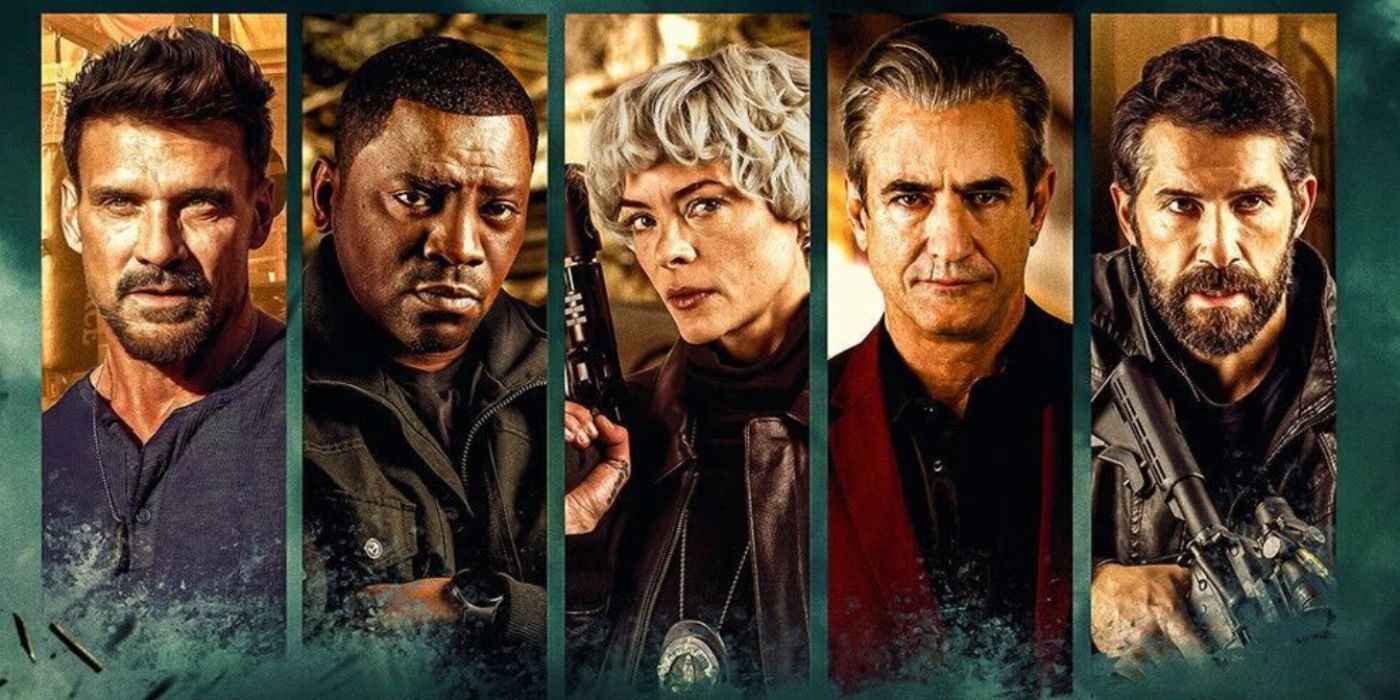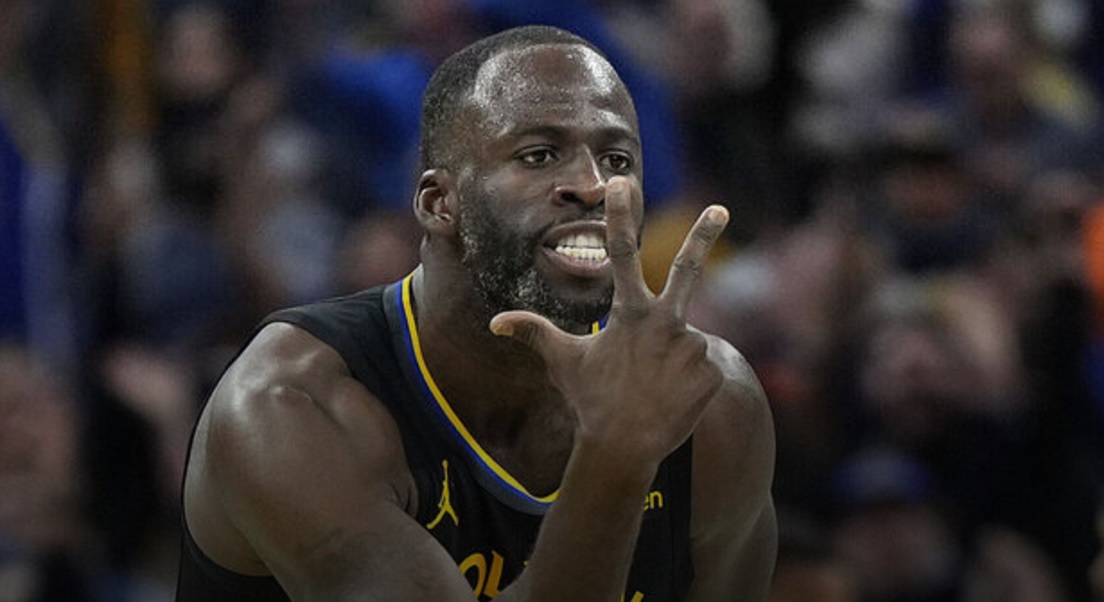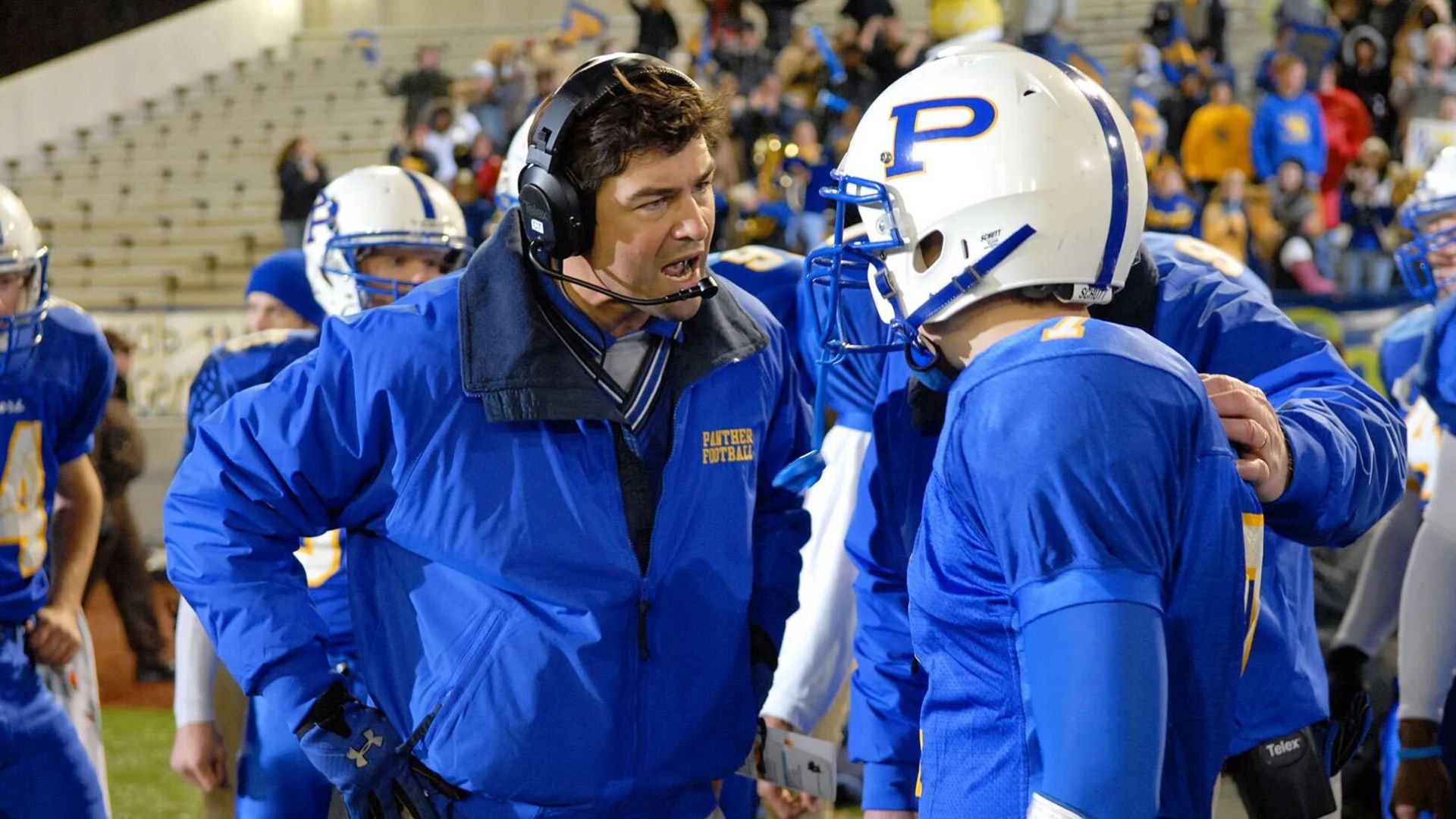On the morning of his release, how did you come to a decision on how to film that?
KT: Logan the cinematographer, Haley, and I talked a lot about how we could hold on the shot and not be intrusive. We settled on a long lens and a ladder and tried to shoot it objectively to let the moment play out. A lot of the film is photographed on a tripod so the audience can meditate on the facts and emotion of the story and not have handheld operating influence anything. At the core our film is a father and daughter story so we tried to just share that moment in a quiet and sensitive way.
There are many approaches a documentary filmmaker could make with this, from focusing on the injustices or laying blame, but your film is more anchored in the family and the need for a family to come back together. Was that an easy place to land or were there greater challenges in the editing process?
HEA: We brainstormed a significant amount before settling on this approach. Focusing on the familial was a way to make this issue very accessible. We wanted very much for people to experience what these sentences do to a family so that people could see themselves in Michael and his daughter. Seeing the story from this angle, we believed would somehow make it feel more immediate for our audience. The film is a call to action and we felt it might be easier for them to act and to want to get involved. We always believed in the importance of the human experience. There are a lot of statistics, issues, etc. but we wanted these issues to come to life for our audience.
I met Michael Thompson when he came to the Chicago Critics Film Festival. He said he can’t hear the song at the end or watch the film because he lived it. Were you with him when he first saw the film? If so, what was that like?
KT: We were still in a covid times so we sent it to him to watch and we zoomed after. As you can imagine it was difficult for him to watch given what he and his family has been through and we just talked about different aspects of the film. What he was surprised by and what he liked. He was happy with it but it was a lot. Overall though, Michael has been able to use it as a platform to educate and share his experience whether at film festivals or other events and positive things have come from that. He’s started the Michael Thompson Clemency project and is helping to advocate for others who are incarcerated and work on prison reform.
You can view the original article HERE.

